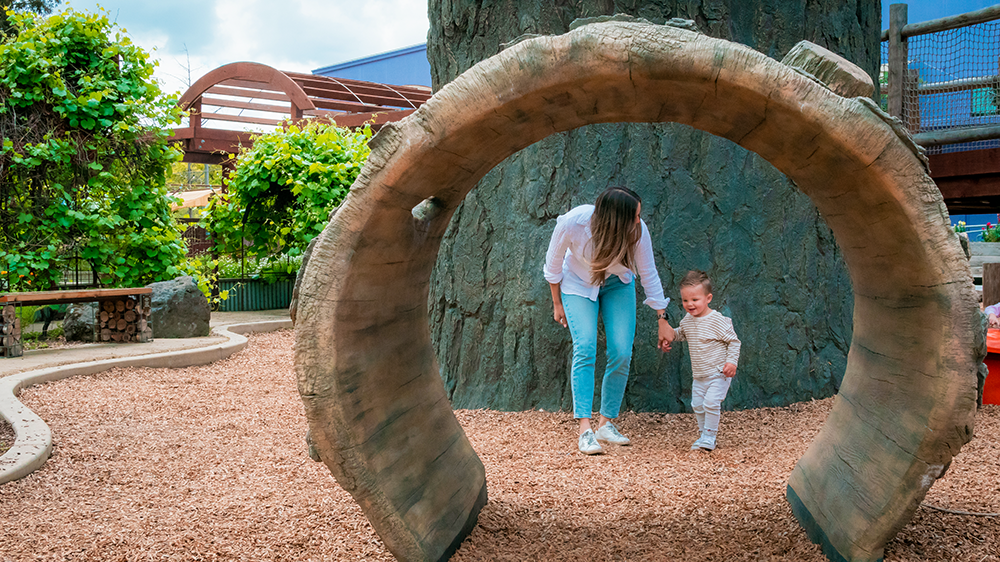by Craig Scott
It’s no secret that spending time outdoors is beneficial for children’s development. Not only does it give them a chance to form better social bonds with their friends, but it also provides many advantages for their physical and mental well-being.
However, in a world that’s becoming increasingly obsessed with technology, children today are better acquainted with the latest gadgets than any generation prior. And whilst these devices do have many uses and will benefit children in different ways, one downside of this improved access to the many gizmos on offer is that it’s harder for parents to encourage their tech-savvy toddlers to venture outside.
With access to their friends, entertainment options and learning resources right at their fingertips, interacting with the great outdoors is no longer the favored pastime.
If this all sounds a bit too familiar, fear not. There are lots of things you can do to sell even the most stubborn of children on the benefits of spending more time outdoors.
Be creative with your outdoor activities
Many children are able to be left with a football or even just their imagination, and they can enjoy endless hours outside without getting bored. Others, meanwhile, may need slightly more encouragement, and a good way to provide that is by being more creative with your activity suggestions.
With a little imagination, there are hundreds of different activities children can do outdoors, from conducting experiments to creating some art to interacting with wildlife. Best of all, you don’t necessarily need a wide open space for kids to have fun outdoors.
A good place to start is working with the seasons. In the autumn time, perhaps you can collect leaves to create a unique work of art. When the weather’s warmer, think of some water-related activities to keep them active without getting too hot. Work with what you’ve got, and make the most of any access you have to local parks or playgrounds.
Venture further afield
Local activities that you can do at any time are great for children’s development. But to encourage a life-long relationship with nature and the environment, consider venturing further afield and taking the little ones on an outdoor adventure. Whether you explore your local coastline or head to the nearest forest, these experiences can be so valuable to broadening a young person’s horizons, and could potentially spark a love for the great outdoors.
If you can tie in some educational opportunities, such as a visit to a museum or chat with a local ranger, this can further boost their curiosity and hopefully help them develop habits they’ll cling onto back at home, and as they grow up.
Give them some responsibility
Children crave responsibility and independence, and there are so many opportunities on offer just beyond the four walls of their bedroom. Even if you only have limited space in your garden, there are lots of ways you could tie in some garden time with teaching them about being responsible.
For instance, you could get them to grow their own fruit and vegetables, and ensure they keep up their caring responsibilities. Or, simple tasks such as filling up the bird feeders or asking them to look after their own corner of a flowerbed can also give children a sense of independence. If you have a dog, you can teach your little one about the importance of regular exercise and accompany them to take it for daily walks.
If you can lead by example and encourage fun reasons for your children to regularly go outdoors, that sparks their curiosity, you’ll soon find you have trouble getting them back inside!

